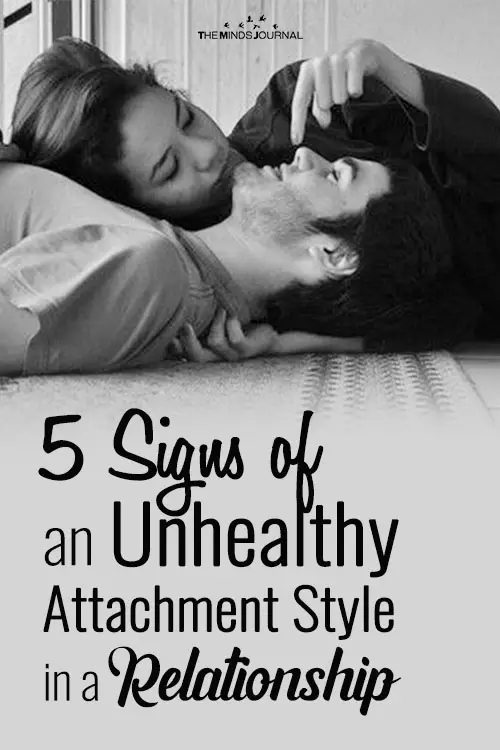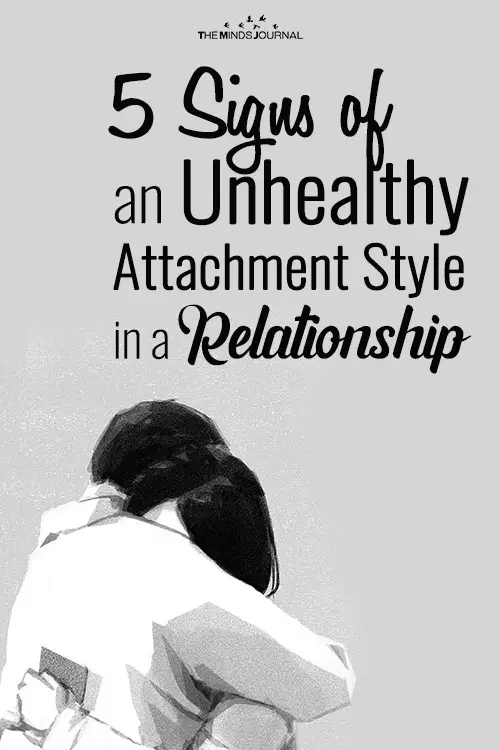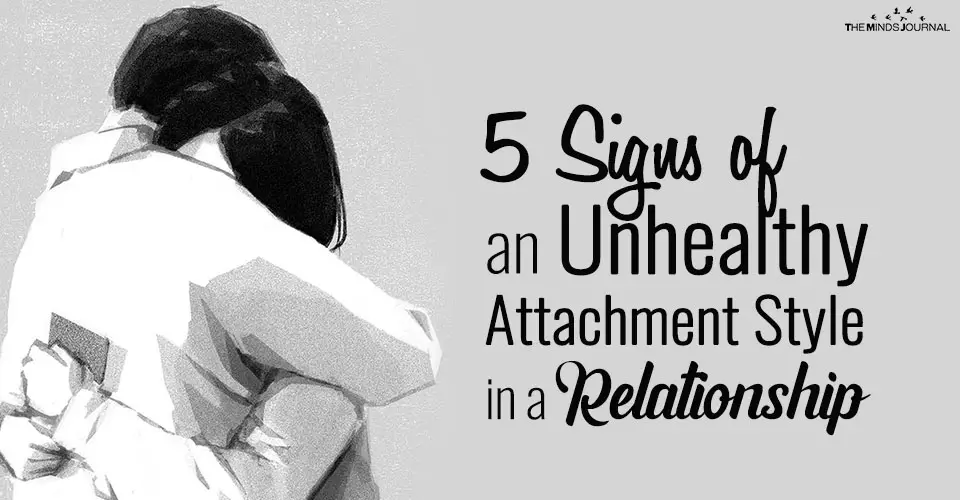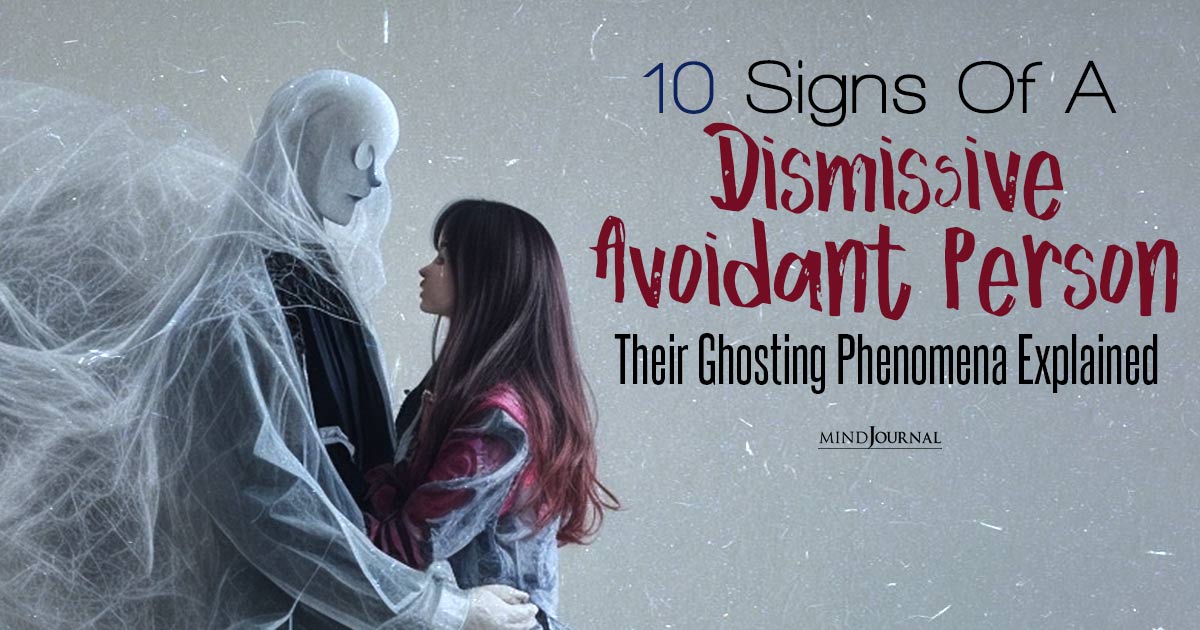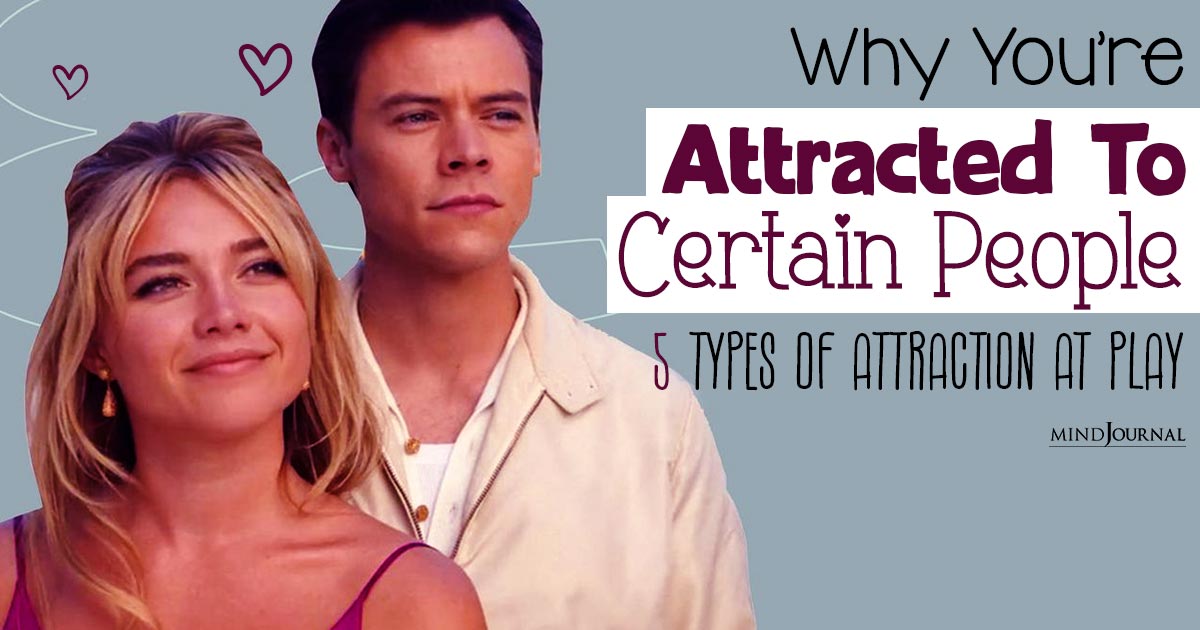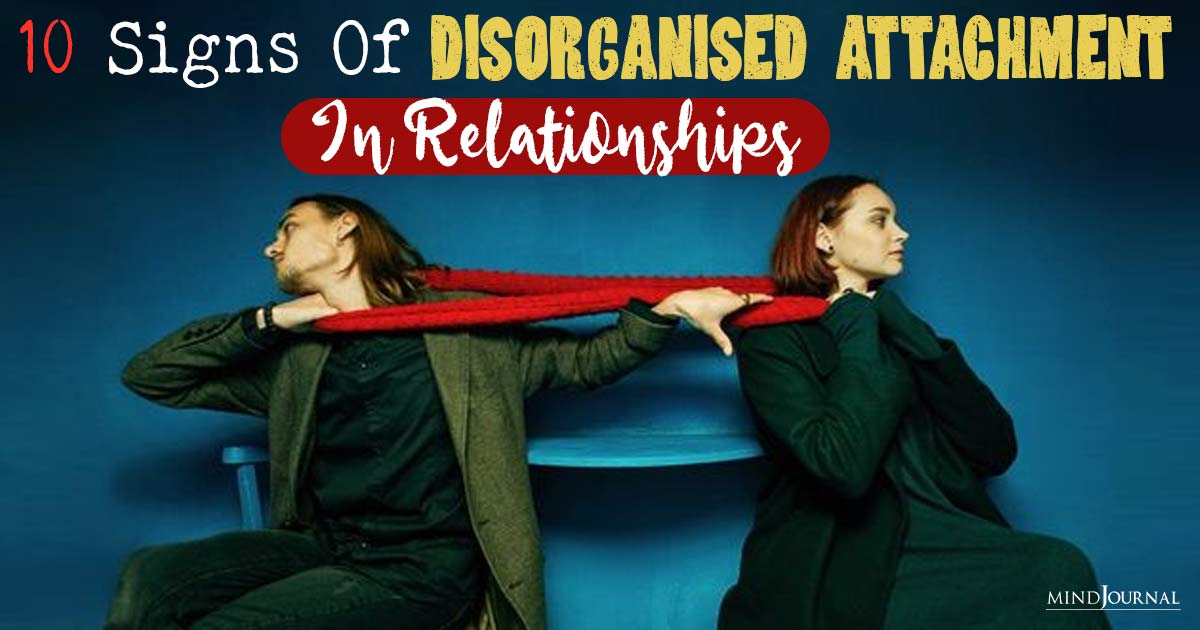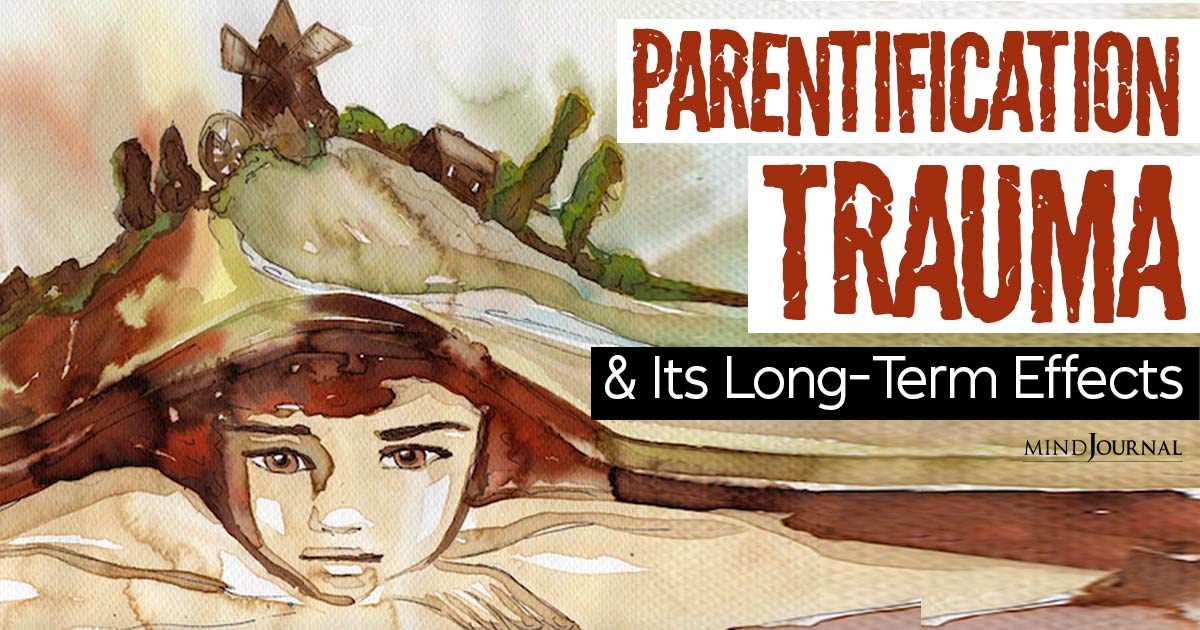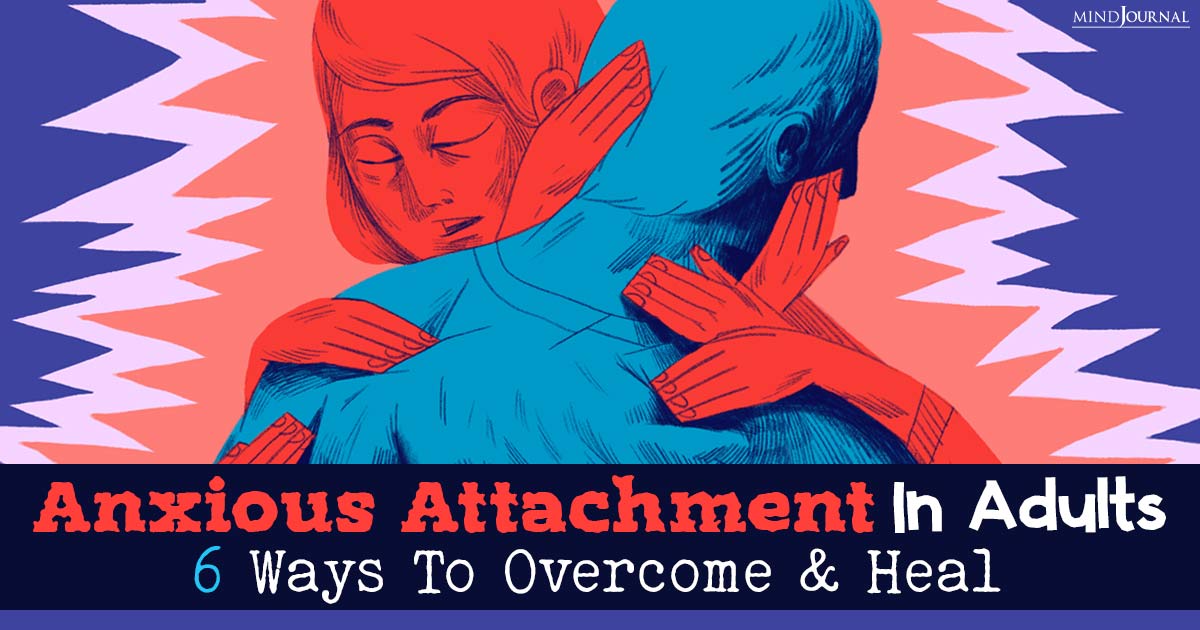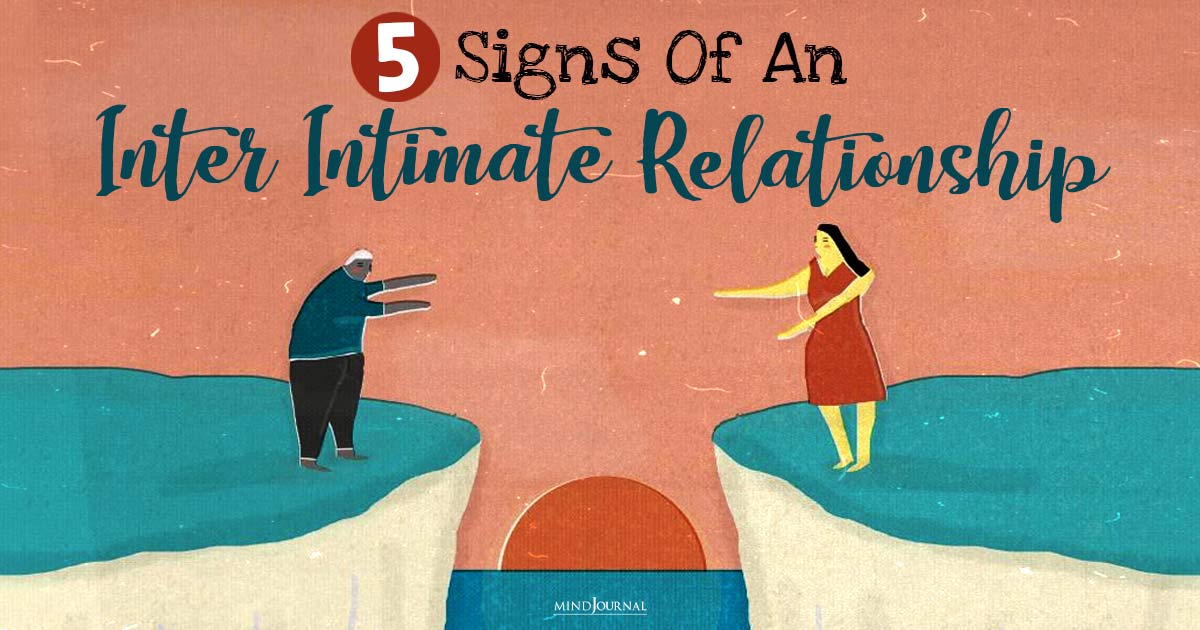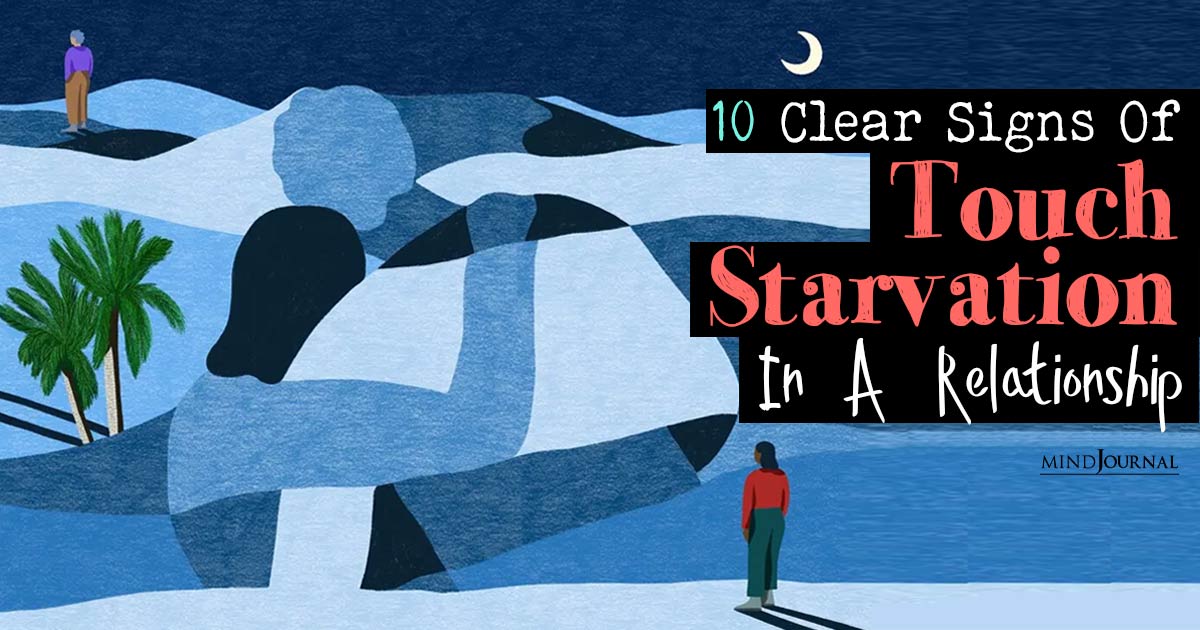Attachment in relationships: Emotional connection without being attached to another individual is naturally impossible. So to say, you cannot be in a fulfilling, healthy romantic relationship without being attached to your partner.
The interesting fact is that the kind of attachment you have with your contemporary partner is hugely dependent on the type of attachment you shared with your primary caregivers, e.g, your mother or whoever catered to your basic needs after your birth. This person/s with whom you shared a mutually intimate relationship is your ‘attachment figure/s’.
Read How Your Attachment Style Affects Your Relationship
Bowlby(1982) defined attachment as a person’s characteristic ways of relating to the attachment figures (with parents, children, or one’s romantic partner) in intimate caregiving and receiving relationships. It involves one’s confidence in the attachment figure to use as a secure base from which one can explore the world and also as a safe place of warmth, protection, and support.
In our infancy, our caregivers were the only source of our need gratification. We are unable to independently fulfill our requirements. Whether the child is consistently gratified or not depends highly on situational factors and the caregiver’s characteristics. A child whose needs get perpetually frustrated, he/she will not grow up to have mistrust on their ‘attachment figures’.
Such children never grow up to have a safe, secure and reliable attachment with their primary caregivers as well as with others throughout their lives. This is how unhealthy attachment styles come into being and this influences our type of attachment in relationships with our romantic partner.
Some of the attachment styles these children grow up having significantly decreased the chances of a successful relationship later on in their adult lives. They struggle to find security in any relationship as they experience disabling anxiety and fear due to the perceived or actual loss of their partner.
Let’s delineate for you the 5 big signs that you have an unhealthy attachment style with your partner.
5 Signs of Unhealthy Attachment in relationships:
1. Fear of abandonment
Do you often get crippled with the fear of being abandoned by your partner? Do you often feel like your partner will find a better option and leave you?
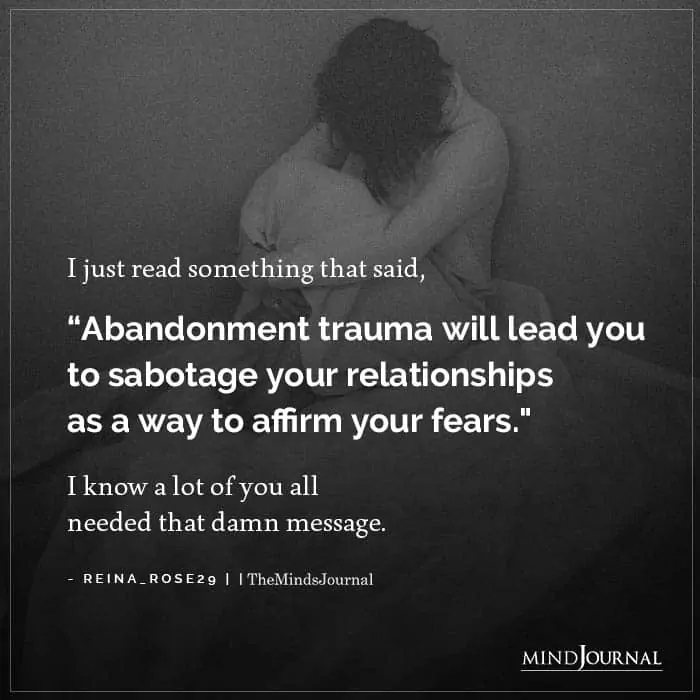
It might be natural to behave like this if you have had to deal with separation and loss in the past. Also, this extreme fear of being abandoned by your partner stems from having self-doubt and low self-esteem.
This fear will make you do weird things you never imagined doing. You turn into a people pleaser, only engaging in behavior which will be appreciated by your partner (compensating your fear). You will find yourself unnecessarily apologizing to your partner, shifting blame to oneself, getting hypersensitive to criticisms, being unable to fully commit in the fear of getting hurt, compromising your needs, expanding your personal boundaries, and making lots of sacrifices just to motivate your partner to stay hooked on you. Often such behaviors will come off as needy to your partner.
Read Ways To Cut The Toxic Emotional Cords of Attachment Which Are Draining You
2. Needing constant reassurance from your partner
Do you feel better every time your partner says, “I’ll never leave you alone.” ? Everybody does.
But do you need to hear this more often than needed?
If you do not have a secure attachment in relationships with your partner, you will constantly worry about being abandoned. You genuinely want to emotionally connect to them, but you tend to overthink your concern. You know your partner is authentically in love with you, but somehow, a doubt keeps poking you.
This doubt is the insatiable hungry monster that constantly needs to be fed with assurance and approval. “They seek approval and reassurance from others, yet this never relieves their self-doubt” (February, et.al., 2019)
3. Becoming a rescuer
An unhealthy attachment in relationships instigates you to feel like you are losing control over yourself and also your object of attachment. Gaining control over your partner makes you feel like you are actually saving yourself of the loss (perceived).
Naturally, you will start living the life of your partner by involving yourself in everything they do. This makes you declare yourself the ‘healer’ in the relationship, who only wants the best for his/her partner. You will find yourself taking every single decision on behalf of your partner, taking charge of every trivial situation, and fixing your partner’s problems that aren’t even there.
Somehow you will always try to have an upper hand in the relationship because you know you ‘have the best interest for the relationship’. You will no longer see your partner as equals, rather as a person who endlessly needs to be ‘saved’ and ‘fixed’. This is what is usually referred to as the ‘rescuer behavior’.
Read Your Attachment Style Influences The Success Of Your Relationship
4. Over concerned about the needs of the other person.
Empathetic people are rare. On the contrary, we are in need of more such people.
But does a healthy relationship need one over-concerned person? A healthy relationship needs a healthy dose of interdependence – where two people mutually receive and share each other’s warmth and care.
Emotional dependence, on the other hand, is a toxic one-way road.
Take this for instance (look at the contrast between interdependence and emotional dependence) :
Interdependence: I need your opinions while I make choices but the ultimate decision will be mine.
Emotional dependence: I will comply with whatever decisions you make for me.
Interdependence: I will be there for you through thick and thin and also wish you to be there for me when I need you.
Emotional dependence: I will unconditionally provide you with warmth, expecting absolutely nothing from you in return.
Now, being over-concerned about the other person causes both yours and your partner’s boundaries to fuse together. You forget where you end and where they start. Their needs become your needs and you start being too much bother for them to be fulfilled. Trying to meet your partner’s needs at the cost of yours is not a sign of sacrificial love.
Read Ways To Cut The Toxic Emotional Cords of Attachment Which Are Draining You
5. Uncertainty about relationship
Here’s some bad news for you. When one or both partners in a relationship shows a pattern of unhealthy attachment in relationships, the future of such a relationship is unpredictable.
If you have an unhealthy style of attachment, you will never feel like the relationship will work out. Strings of conflicts, unresolved resentment, control, manipulation, insecurity, and lack of trust for your partner will make it a hot pot of boiling mess.
Does all of this mean that you have to completely detach yourself from your partner? Does this mean your relationship has no future? Not really.
As the pattern of your attachment in relationships has been ingrained in you since your childhood, you might find it difficult to change your mindset, but with knowledge comes a great ability to change.
